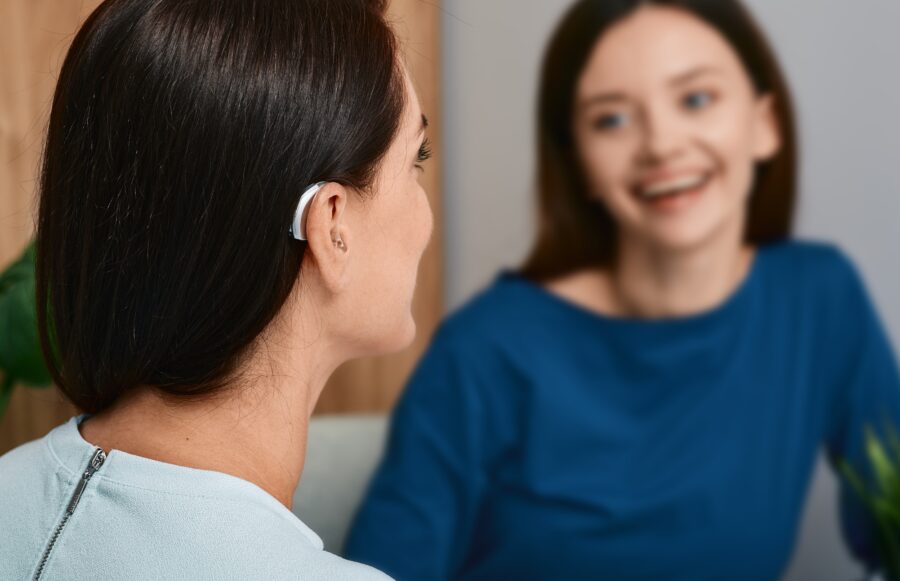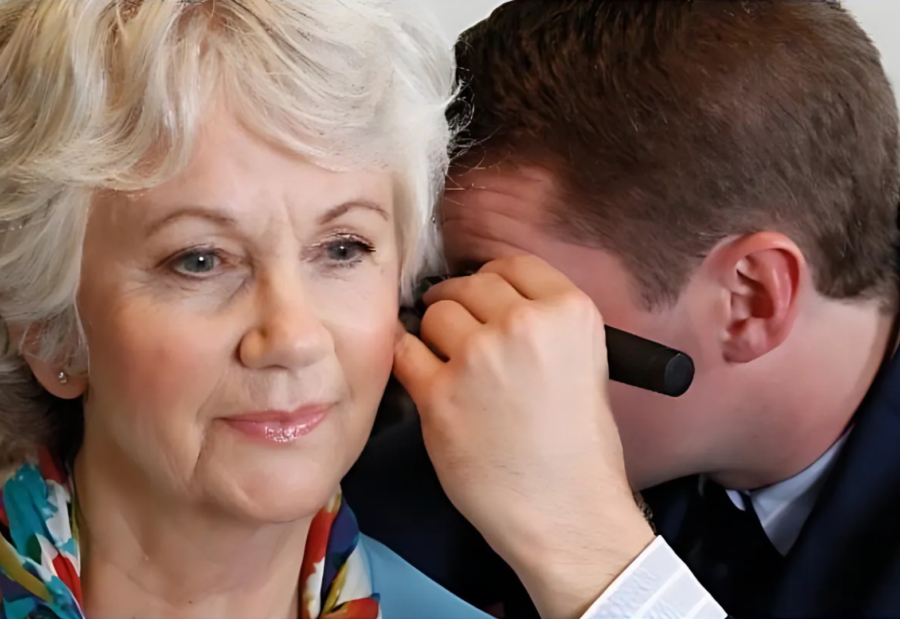Blog post
6 Lesser-Known Benefits of Wearing Hearing Aids
In today's world, the link between better hearing and an improved quality of life is well-recognised, impacting everything from personal interactions to professional success, and maintaining an individual's independence.
However, there are many less obvious advantages of good hearing that often go unnoticed.
1. Slow down the deterioration of hearing
Did you know that once your hearing goes, it’s very unlikely to come back?
Using hearing aids helps the ears and brain continue to receive auditory input. This regular stimulation can help prevent or slow down the rate of hearing loss, maintaining the health and function of your ears and brain.
The science behind the phrase ‘use it or lose it’ is quite compelling!
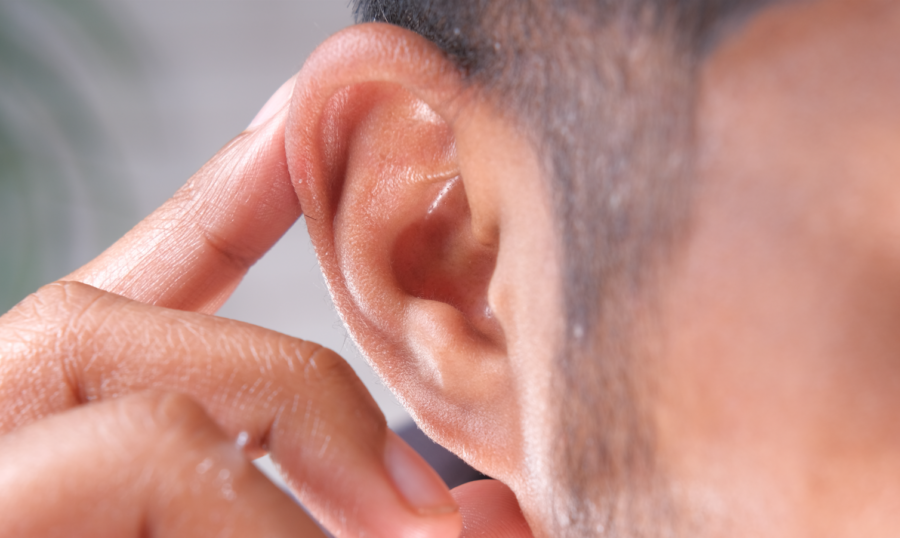
2. Reduced risk of developing dementia
A new study from Ulster University suggests that using hearing aids may reduce the risk of dementia for people with mild cognitive impairment (MCI).
The study found that a third of hearing aid users did not develop dementia within five years, compared to 81% of non-users who did. Experts highlight that hearing aids improve wellbeing and may slow dementia progression, urging early action to address hearing loss for better long-term outcomes.

3. Increased safety
We live in a world full of important auditory warnings, from smoke alarms to car horns.
Being able to hear these sounds is crucial for emergency situations and personal safety.
Hearing aids play a vital role in enhancing your ability to hear these safety cues, especially in scenarios where visibility is limited.
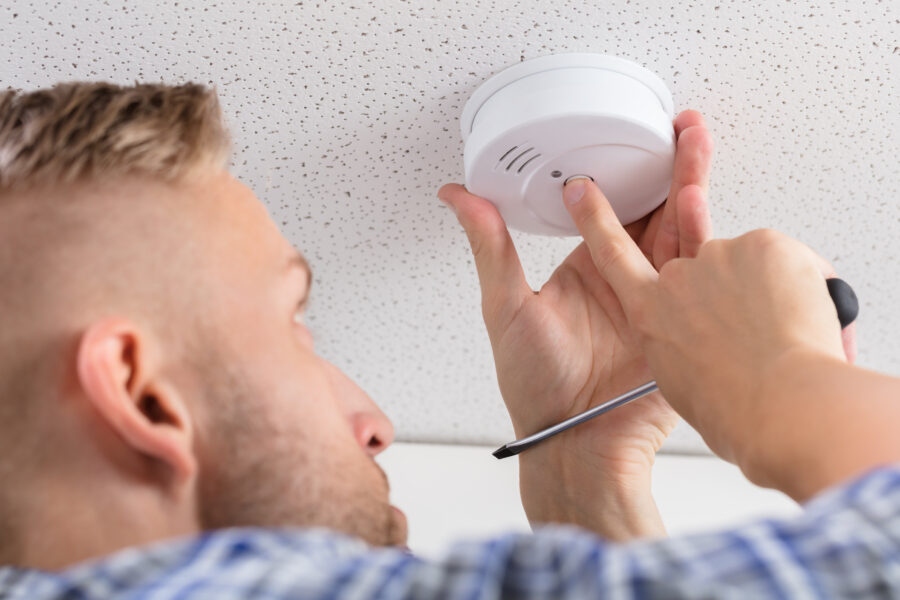
4. Reduced fatigue
Individuals with hearing loss often find themselves straining to piece together sounds in conversations or while watching TV. This can be mentally exhausting.
Hearing aids can alleviate this strain and fatigue by enhancing sound clarity, making daily activities less exhausting.

5. Connection to the digital world
Most of our hearing aids can seamlessly connect to smartphones, TVs, radios and other devices.
This connectivity makes it easier to take calls, listen to music or use voice assistants directly through the hearing aid, keeping you connected with the digital world.
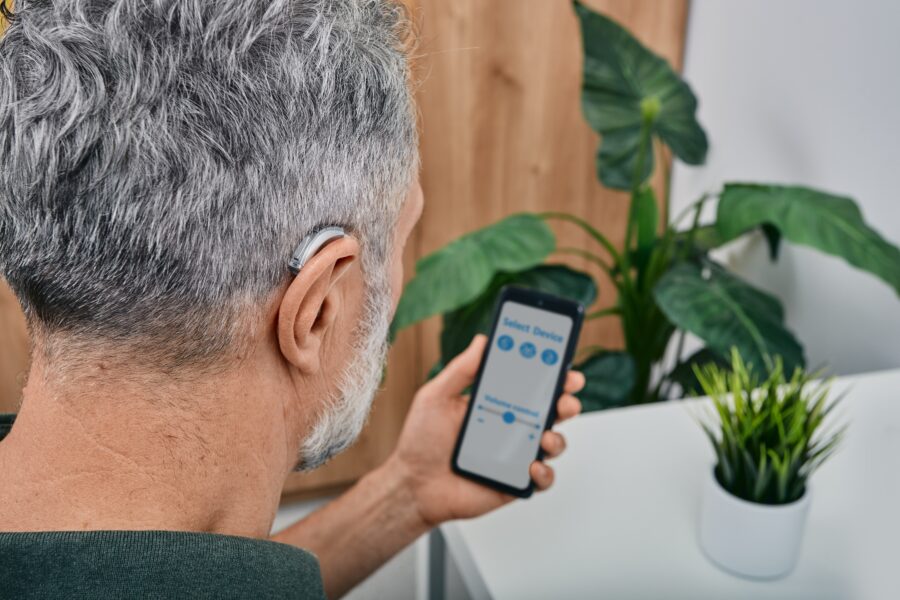
6. Improved relationships
Hearing loss can often lead to feelings of loneliness and difficulty in group conversations.
Hearing aids can significantly enhance clarity in conversations, enabling individuals to engage more effectively with family, friends and colleagues.
Many of our customers, and their loved ones, report a noticeable improvement in their relationships after starting to use hearing aids.
